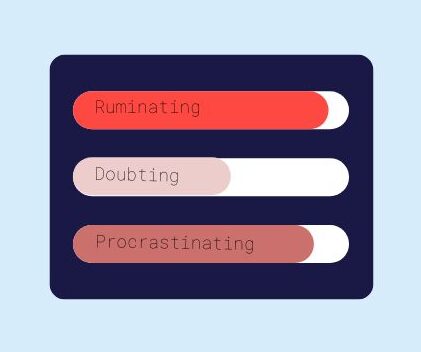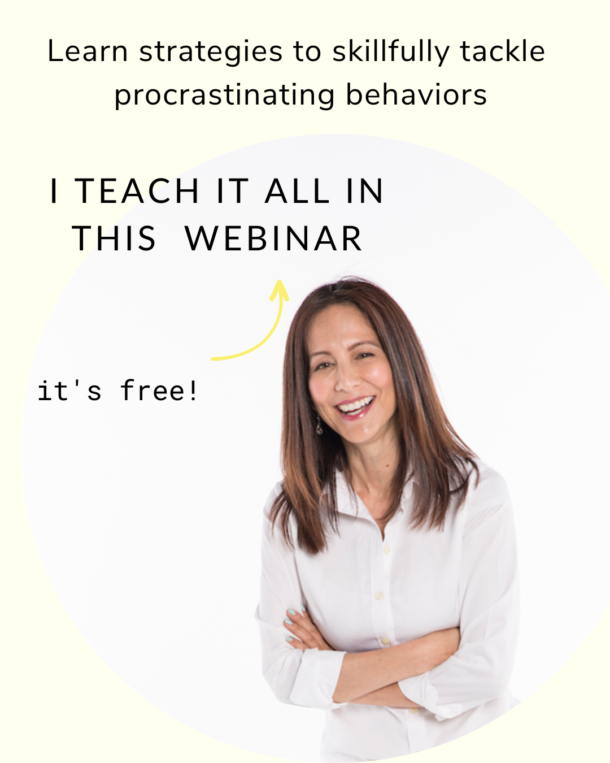Dr. Z was recently interviewed for The Telegraph, a UK-based magazine. She shared with them what it means to be a super-feeler, and what to do about it. Read on for an excerpt from the resulting article:
‘If you feel guilty, you’re pulverised by guilt; if you feel sad, you’re flooded with sadness,’ says Dr Z (as she’s known by her patients). ‘You experience your emotions quickly and intensely, believe every thought, interpretation or hypothesis that comes into your mind as if it were the absolute truth, and then do exactly what your emotions tell you to do. Later on, you regret your actions because you get hurt and the people you care about get hurt too.’
….
The other good news is that there are ways you can put the brakes on the emotional roller coaster. Super-feelers may be wired differently, but the plasticity of the brain means that we are capable of change. ‘Neuroscience has shown that the brain is an organ we can train, in the same way we do with our muscles in the gym,’ says Dr Z. ‘So you may be born with a predisposition to be a super-feeler but you can learn to manage your emotions in a different way.’
Though many super-feelers can turn to short-term fixes – better known as diving into a vat of sauvignon blanc after a stressful day – addictive behaviours such as drinking too much, smoking and overeating obviously aren’t to be recommended as long-term coping strategies. Instead, Dr Z suggests trying acceptance and commitment therapy (ACT). ‘It’s a newish therapy, based on mindfulness, that asks us to accept that negative thoughts and feelings are part of the fabric of life,’ explains Dr Nic Hooper, psychology lecturer at the University of the West of England. ‘Instead of trying to get rid of them, it’s OK to just have them.’
So how might a super-feeler put ACT into practice? Imagine you get into work early to finish an important report only to find the printer is broken. You go nuts and your first impulse is to send a rude, angry email to the office manager accusing her of ruining your day. She then complains about your behaviour and you find yourself being disciplined. Which is quite some escalation over an empty ink cartridge. What ACT teaches us to do is acknowledge the emotion – ‘God, I’m angry’ – and the resulting impulse to take strong action, then check in with our core values and ask ourselves whether that behaviour would be in line with them. In this case, our core value could be being a professional and respectful colleague, which would make the furious missive to the poor office manager a no-no.
It’s obviously quite a protracted thought process to have when a strong emotion boils up, but with practice those neural pathways can reroute – and it does work.
To read the full article by Kerry Potter, click here.
Dr. Z’s book, Escaping the Emotional Rollercoaster, expands on these ideas and thoroughly explains how to slow down a moment, identify your values, and choose your actions– instead of your actions choosing you. To get more information about the book, click here.


